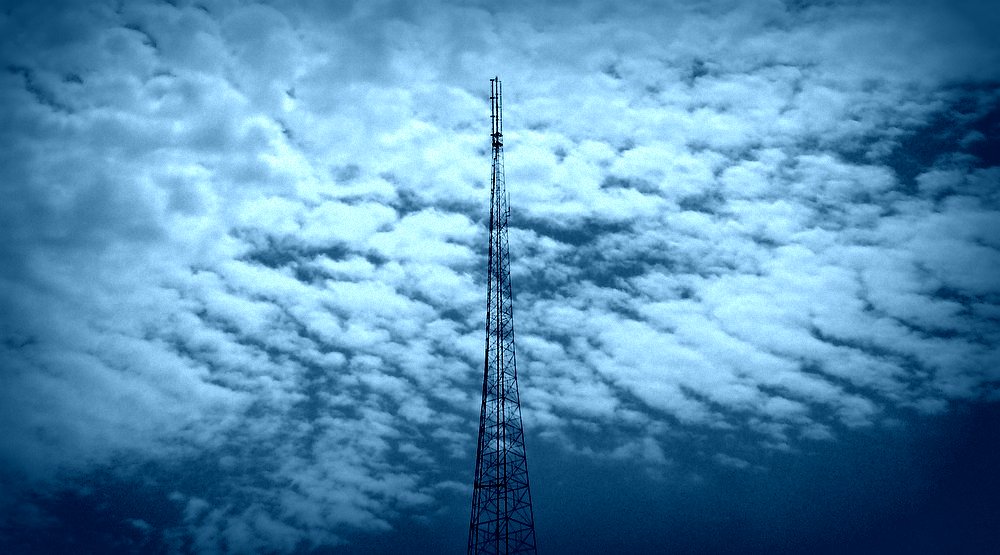(Source: Columbia Journalism Review)
ON SEPTEMBER 19, 2017—the day before Hurricane Maria made landfall in Puerto Rico—the evening news team at WORA-TV in the coastal city of Mayagüez broadcast its final program before shutting down the station ahead of the storm.
“If Maria was going to be the monster everyone was predicting,” says Carolina Rodriguez Plaza, the news team’s production manager, “we knew the power could be cut off for a long time. We decided to shut down the station and send everyone home.”
Plaza told her team of 12 reporters not to worry, their salaries would be paid during the downtime and their jobs would be waiting for them when broadcasting resumed. Plaza retreated to her parents’ home, where she spent the night of the hurricane watching updates about the storm on cable TV. Then, as happened in homes across Puerto Rico, the lights flickered and the power went out. Hurricane Maria’s 150-mile-per-hour winds toppled power lines and torrential rains grounded out the island’s power grid.
Desperate for news about the disaster befalling her island, Plaza turned on a battery-powered radio and found that a local radio station, WKJB 710 AM, was maintaining its broadcast. The station’s managers had learned a lesson about disaster preparedness in 1998, when Hurricane Georges blew down their radio antenna and cut off the power. Since then, staff had equipped the station with a backup power generator and a reinforced antenna that could withstand hurricane-force winds.
“Maria erased the world of journalism in Puerto Rico,” Plaza says. “It reemerged in a new form, with radio playing an important role.”[…]


“Maria erased the world of journalism in Puerto Rico,” Plaza says. “It reemerged in a new form, with radio playing an important role.”
Truer words are rarely spoken. OTA broadcasting is here to stay, but will transition from analog to digital for a variety of reasons. Except for it’s current low cost in comparison to digital alternatives, analog has far too many limitations to stay relevant. Relative to MW, FM was expensive in its early days as well.